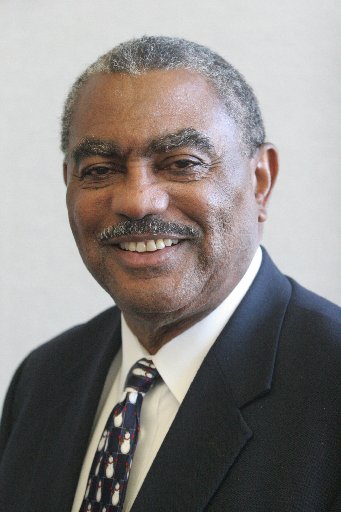NASHVILLE - Gov. Bill Haslam's plan to open charter schools to any student is drawing concerns from Hamilton County Schools Superintendent Jim Scales, who warns the schools are "not the miracle cure" that many claim.
In an interview, Scales said he worries the governor's bill effectively could drain additional students and state funding from school systems and "puts public schools further behind the eight ball."
Traditional public schools, he said, already face stiff competition from private schools for higher-performing students. Eliminating eligibility restrictions on what students charter schools can recruit will cause more losses in such students, Scales warned.
Haslam's legislation would do away with the current 90-school cap on the number of charter schools that can operate in Tennessee. It also would eliminate current restrictions in state law that largely limit the pool of charter school-eligible students to failing students, students from failing schools and students from lower-income families.
The House Education Subcommittee and the Senate Education Committee today are scheduled to consider the plan.
Charter schools receive taxpayer dollars but are governed by a private group or organization under a contract or charter with the state. Those charters exempt the schools from many state rules but demand accountability in return.
Local charter school advocates welcome the bill.
"Absolutely," said Marcia Griffin, founder of the Chattanooga Charter School of Excellence, which plans to open in August and eventually will accept students from kindergarten to fourth grade.
Griffin asked, "What is everyone else so afraid of? If you say open the enrollment - and in my opinion level the playing field - what's the matter with that?"
Scales said public schools, unlike charter schools, must accept all those who come. He and groups ranging from the Tennessee School Board Association and the Tennessee Education Association are raising concerns about the impact of Haslam's legislation, especially for public schools and districts in wealthier areas.
Last week, the Hamilton County schools chief voiced some concerns directly to Haslam during the governor's appearance before the Tennessee Organization of School Superintendents.
"The data coming out of charter schools in Tennessee and across the country has not been stellar," said Scales, who questioned why public schools "wouldn't get the same leeway in terms of selection of curriculum [and] leadership" as charter schools.
Countered Haslam: "We are going to hold them [charter schools] to high standards. If a charter is not doing what it should be, unlike other schools, it can go out of business in three years. We won't hesitate to do that."
Charter schools, he said, serve as a "laboratory" for education innovation. Moreover, Haslam said, "I think for some parents providing an alternative is a great option."
David Smith, a Haslam spokesman, pointed out that a chartering authority will "give preference to charter school applications that demonstrate a capacity to meet the needs of certain high-need populations."
But Rep. Tommie Brown, D-Chattanooga, the former vice chairman of the House Education Committee, called the bill "a move to virtually 'privatize education.' I'm afraid we're on that slippery slope back to [racial] separation - 'separate but equal' schools."
According to an analysis by the Legislature's Fiscal Review Committee staff, public schools statewide under Haslam's bill would see increased costs of $8.29 million in fiscal year 2014-15. That is because they would have to replace state dollars that follow new students migrating to charter schools.
The figure would keep growing annually until it stabilized at $24 million in fiscal year 2022-23.
There are only 26 charter schools now operating in Tennessee. That includes two currently operating in Chattanooga plus the school Griffin is opening.
Vanderbilt University's Dr. Ellen Goldring, a professor of education policy and leadership, has studied charter schools. She said "just because a school is a charter school doesn't necessarily mean it's going to be an effective school."
Like traditional public schools, she said, "some are highly effective and you have some that are ineffective." Research is "mixed" because of the variability in charter school operations, she said.
Marie Daly, founder of Soddy-Daisy-based Ivy Academy, the state's first environmental public charter high school, said charter schools shouldn't be restricted to drawing students from just one socioeconomic group.
She said it would help "if I could get some of the strong academics and some of the students who are not that strong" at the school, which currently accepts ninth- and 10th-grade students but plans to accept 11th-grade students next year.
Charter schools' performance will vary because they're "all individualized," she said. "There are schools that are going to do great."
